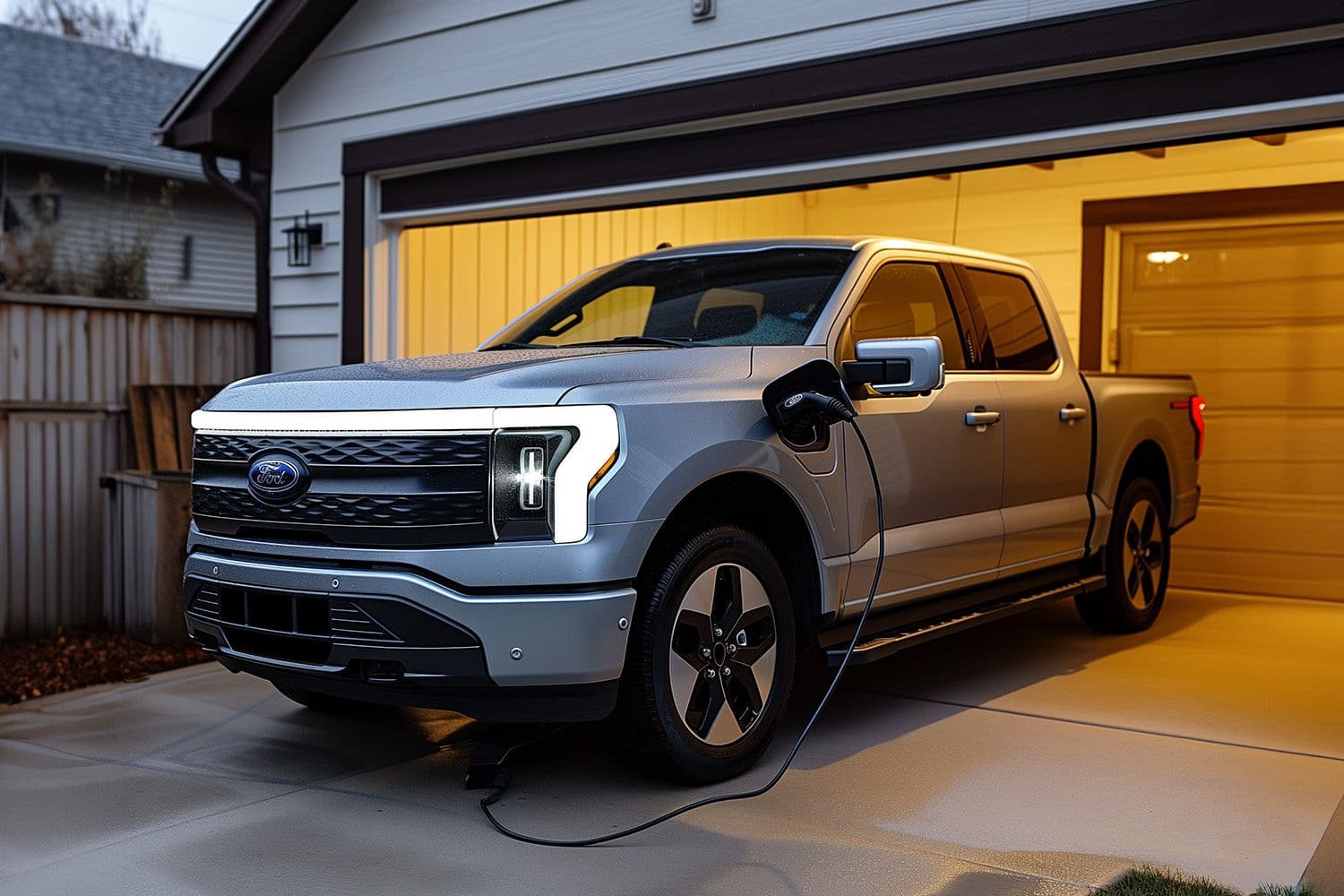Published date: January 24, 2024
Mastering 80A Chargers: Home Charging at 19.2 kW
Mastering 80A Chargers: Home Charging at 19.2 kW
While most electric cars can be home-charged at a max power of 11.5 kW, some of them have onboard chargers which enable 19.2 kW charging. Let's dive in and explore the most powerful home charging option in the market: 80A chargers delivering 19.2 kW.

Understanding EV Charging Levels
EVs typically charge at three levels:
Level 1 (120V): Slowest, using a standard household outlet. This level is ideal for overnight charging or vehicles with smaller battery capacities, as it generally offers about 2 to 5 miles of range per hour of charging.
Level 2 (240V): Faster, ranging from 6.0 kW to 19.2 kW. Level 2 chargers are suitable for residential and commercial settings and can fully charge an EV battery in 4 to 6 hours, making them a popular choice for daily use.
Level 3 (400V+ DC): Fastest, found at public charging stations. These high-powered chargers are designed for rapid charging on the go, often providing 60 to 80 miles of range in just 20 minutes of charging, but are not typically installed in residential areas due to their high power requirements.
Which EVs can accept 19.2 kW charging with an 80A?
When we talk about 19.2 kW charging in the context of EVs, we are referring to a high-powered form of Level 2 charging. The vehicle's ability to accept 19.2 kW of power is determined by its onboard charger. While Level 3 DC chargers power the battery directly, Level 1 and 2 chargers are actually power extension cords that bring AC power from the grid to the power inverter inside the vehicle. The AC power is then turned into DC and only then it charges the battery. The power capacity of these AC-to-DC inverters determines which charger you should install in your home.
Most of the Subaru, Nissan, Toyota and Lexus electric line up accept 6.6 kW. Most of the Mercedes-Benz models accept 9.2 kW, and the most American-branded electric cars accept 11.5 kW. These cars require 32A, 40A or 48A chargers respectively. Meanwhile, certain luxury or high-performance models may come equipped with, or have the option for, an upgraded onboard charger capable of accepting 19.2 kW charging through an 80A Level 2 charging module.
A 19.2 kW power onboard charger can be found in the Lucid Air and GMC Hummer models. They are also optional for Cadillac Lyriq, Ford F-150 Lightning, Audi e-tron GT, Porsche Taycan and a few other models.
19.2 kW charging in a nutshell
- Power and Efficiency: A 19.2 kW charger operates at 240 volts and can deliver up to 80 amps, making it one of the fastest Level 2 chargers available. It's particularly advantageous for EVs with large batteries, offering a rapid recharge capability.
- Charging Speed: With a 19.2 kW charger, EVs can gain around 60-100 miles of range per hour of charging. This speed is ideal for quickly replenishing your EV’s battery, significantly reducing charging time compared to standard chargers.
- Cost Factors: The cost of a 19.2 kW charging station and necessary home electrical upgrades can be higher than for lower kW chargers. However, it will be many times cheaper than installing a DC charger at home. The investment may be justified for EV owners requiring quick home charging solutions.
- Energy Management at Home: Operating a 19.2 kW charger at home might require managing overall energy consumption, particularly during peak hours. Smart chargers offer features like scheduled charging to optimize electricity usage and costs.
- 80A chargers: If your car is equipped with a 19.2 kW onboard charger, you will need an 80A home charger hardwired to your panel using 100A breakers dedicated to EV charging.
- Other cars: What happens if I try charging a 11.5 kW car with an 80A charger? Your car will accept as much electricity as its onboard charger allows. If your car's onboard charger has a lower power capacity than the charging unit, the car will charge at the rate of the onboard charger.
In summary, 19.2 kW charging is an excellent option for EV owners looking for a fast and efficient home charging solution, especially for those with vehicles with large batteries, such as the Ford F-150 Lightning, GMC Hummer, or Lucid Air. It offers a significant time-saving advantage, making it an attractive choice for those who need to charge their EVs quickly and conveniently at home.
Visit our blog post on selecting the best home EV charger based on your EV make and model for more insights. When deciding on a home charger, make sure it's compatible with your EV and meets your charging needs!
Lectrium upgrades dealership EV detail pages with impactful data and visuals for shoppers considering electric.
The EV Savings Badge: Join 300+ dealerships across the U.S. showcasing EV ownership savings on their website. Highlight federal and state tax credits, fuel cost savings, and maintenance savings for each EV and PHEV in your inventory.
The EV Range Map: Join 200+ dealerships addressing range anxiety by helping their customers visualize the range of each EV and PHEV inventory on an interactive map.
The CO2 Savings Badge: Our newest tool showcases the environmental impact of your electric inventory, providing easy-to-understand CO2 emissions savings data.
Enable shoppers to make informed purchasing decisions, and emphasize the value of your EV and PHEV inventory by bundling these tools on your website. Book a meeting with our team to get a full demo.
Subscribe to our EV newsletter for dealers
Join 9,000+ other automotive professionals diving into EVs and streamlining their EV sales processes!
Follow Lectrium‘s latest news on LinkedIn
2024 Lectrium. All Rights Reserved


